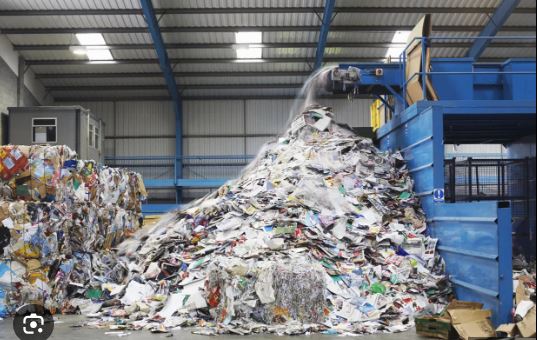To address climate change and environmental degradation, the North-East Development Commission is considering the establishment of a waste recycling plant for the six states in the region.
“The proposal for the establishment of the plant is already on the table,” Dr Zainab Challube, the Commission’s consultant on waste management and recycling, said at the opening of a five-day training on waste recycling in Maiduguri on Monday, February 12.
“The commission is refining the proposal to facilitate actualisation,” she announced further.
“We have realized that we should no longer be nonchalant about issues bordering on environment and climate change,” Dr Challube noted, explaining, “We should rather learn to recycle our environment to make it habitable.”
She noted further, “Littering the environment is a global challenge because it accelerates climate change,” stressing, “environmental degradation and climate change are issues at the forefront of discourse globally.”
She said the commission, through its consultants, aims to expand recycling and composting services through a blanket knowledge of all recyclable waste materials such as disposable plastic containers, plastic bottles and polythene bags.
“We are training the participants to recycle these waste plastic materials and every other recyclable waste material into usable materials such as interlocks, adhesives and other related usable items.”
The five-day training attracted 100 participants from the 27 local government areas of Borno State.
The North-East Development Commission is the key organization tasked with assessing, coordinating, and reporting on diverse intervention programs and initiatives.
Implementation of these programs and initiatives involves the Federal Government, its Ministries, Departments, and Agencies, as well as states and other Development Partners.
The North East states, comprising Adamawa, Bauchi, Borno, Gombe, Taraba, and Yobe, experience the benefits of these programs and initiatives.

